
Lesley Roessing taught middle school English-language arts and humanities for twenty years before becoming the founding director of the Coastal Savannah Writing Project and senior lecturer in the College of Education at Armstrong State University (now Georgia Southern University). At the university, she worked with K12 teachers in all disciplines and taught courses in literacy to pre-service and in-service teachers. She currently serves as literacy consultant for a K8 school.
Ms. Roessing has published four professional books for educators: The Write to Read: Response Journals That Increase Comprehension ; Comma Quest: The Rules They Followedthe Sentences They Saved ; No More Us and Them: Classroom Lessons and Activities to Promote Peer Respect ; and Bridging the Gap: Reading Critically and Writing Meaningfully to Get to the Core. She contributed chapters to two anthologies, Young Adult Literature and the Digital World: Textual Engagement through Visual Literacy and Queer Adolescent Literature as a Complement to the English Language Arts Curriculum. She also served as the editor of Connections , the peer-reviewed journal of the Georgia Council of Teachers of English.
Lesley facilitated book clubs in her own high school and middle grade classes and in her undergraduate and graduate classrooms as well as being invited into classrooms at a variety of grade levels and disciplines. She has introduced book club strategies and lessons to K16 educators through workshops, in-services, and conference presentations.

Talking Texts
Published by Rowman & Littlefield
A wholly owned subsidiary of The Rowman & Littlefield Publishing Group, Inc.
4501 Forbes Boulevard, Suite 200, Lanham, Maryland 20706
www.rowman.com
Unit A, Whitacre Mews, 26-34 Stannary Street, London SE11 4AB
Copyright 2019 by Lesley Roessing
All rights reserved . No part of this book may be reproduced in any form or by any electronic or mechanical means, including information storage and retrieval systems, without written permission from the publisher, except by a reviewer who may quote passages in a review.
British Library Cataloguing in Publication Information Available
Library of Congress Cataloging-in-Publication Data
ISBN 978-1-4758-3457-4 (cloth : alk. paper)
ISBN 978-1-4758-3458-1 (paper : alk. paper)
ISBN 978-1-4758-3459-8 (electronic)
 The paper used in this publication meets the minimum requirements of American National Standard for Information SciencesPermanence of Paper for Printed Library Materials, ANSI/NISO Z39.48-1992.
The paper used in this publication meets the minimum requirements of American National Standard for Information SciencesPermanence of Paper for Printed Library Materials, ANSI/NISO Z39.48-1992.
To all the educators willing to attempt new strategies and practices to help their readers and writers grow and to the students they serve. To my grandsons, Dean and Max, who, I hope, will be inspired and encouraged by such teachers.

Contents
Guide

Lester Laminack
No man can reveal to you aught but that which already lies half asleep in the dawning of your knowledge. The teacher who walks in the shadow of the temple, among his followers, gives not of his wisdom but rather of his faith and his lovingness. If he is indeed wise he does not bid you enter the house of his wisdom, but rather leads you to the threshold of your own mind.
Kahlil Gibran ( The Prophet )
I believe it is a safe bet to assume you have seen a movie that moved you in some way. It may have left you stunned and utterly speechless. Perhaps you were brought to tears. Or maybe, you were seething with anger. That movie may have taken you back to an event in your life that left you terrified, or overjoyed, or tingling with overwhelming new feelings. Whether you attended that movie alone or went to the theater with friends, you most likely left the theater feeling the need to talk about it. If you were alone, you may have called or texted a family member or friend. You may have turned to social media. If you were with friends, you may have gone to dinner, or out for drinks, just to talk about it. There is a strong need to reach out, to connect with others when moved by an experience with story, information, language... text of any kind.
Through social interaction we are able to float our thoughts and perceptions, to test our theories, to share our take on the characterstheir motives, actions, reactions, and outcomes. We need a place to test our thinking, to offer our initial reactions to the events, to challenge the setting, or praise the development of tension. Likewise, we seek those outlets to express our sense of right and wrong, to share our sense of moral outrage, to gauge reactions to notions we wish to challenge when the movie is a nonfiction presentation (e.g., a documentary or biography). Often we leave these heady, and sometimes heated, conversations with an altered perspective. We may step into the conversation with one attitude and leave with another. We may enter the conversation staunchly defending one character and find that our notions of that character shift quite a bit as we hear what others have to say. We may lead the conversation arguing the facts were inaccurate only to discover that we have lived with inaccuracies as our truth for years.
The power of talk bubbling up naturally among adults who have seen the same movie is something that most of us have experienced for ourselves. The talk nudges us to consider other perspectives, to place our tentative theories and attitudes on hold long enough to listen to the thoughts of another. The more respect we have for the others in these conversations, the more likely we are to pause, reflect, and reconsider our own initial thinking. As adults we recognize that these conversations generally lead us to a more robust understanding of the topic, deeper insights, and more diverse perspectives. It is through those conversations that we have the opportunity to test, refine, and outgrow our own provincialism. It is because of these conversations that we bring more to our next experience with a movie. And, as a result of these experiences, our conversations about the next movie are deeper, more insightful, and more robust.
Now, if you are a reader, chances are that you have had similar urges and experiences with books, articles, essays, poetry, blog posts, and almost every form of print you have engaged in. You know that you will grow your insights and understandings by talking with others who have read the same texts.
We know the power of these conversations. We are the beneficiaries of that power, yet too few of our classrooms tap into it for our students. Imagine the impact of having small groups of students engaging in the same text, having time to sit with it and reflect, think, and write, and then come together to talk. Imagine they come together to talk about text in the same way you have talked with others about a movie. There is no set of questions to log on and answer. There are no vocabulary words to look up and use in a sentence. Instead, there is chomping at the bits, unbridled and powerful talk guided only by what this small band of readers finds compelling.
Lesley Roessing understands the power of that kind of engagement with texts of all types. She has firsthand knowledge of what happens when young readers and writers are given permission to delve in and pursue their insights and confusions in a text they are reading as a group. Lesley has helped students across grade levels develop the skills and strategies needed to take charge of these conversations with grace and independence. The results are richly rewarding.
Next page

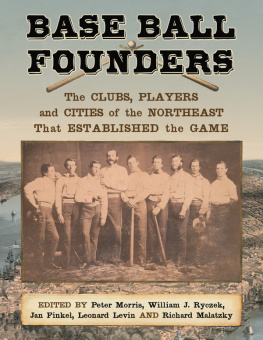
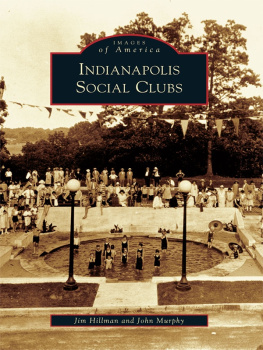
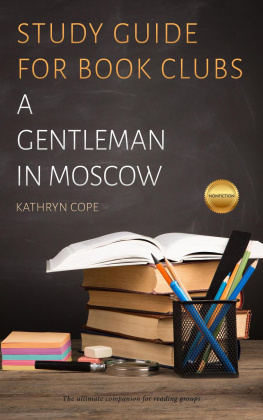

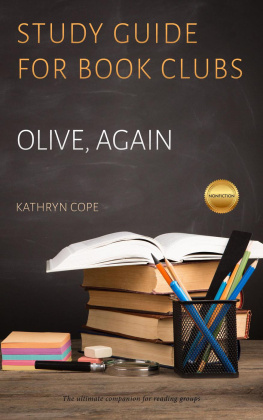
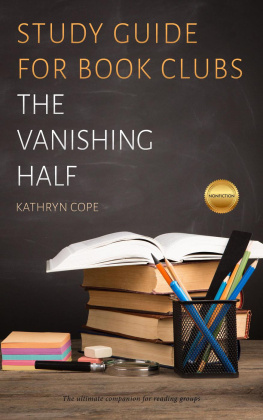
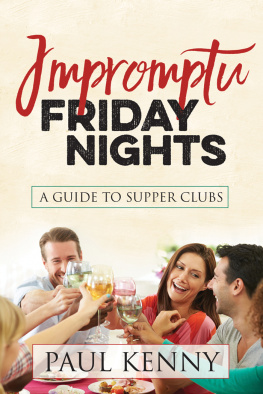
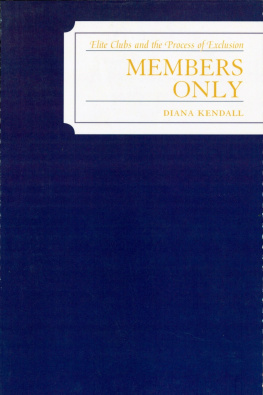



 The paper used in this publication meets the minimum requirements of American National Standard for Information SciencesPermanence of Paper for Printed Library Materials, ANSI/NISO Z39.48-1992.
The paper used in this publication meets the minimum requirements of American National Standard for Information SciencesPermanence of Paper for Printed Library Materials, ANSI/NISO Z39.48-1992.